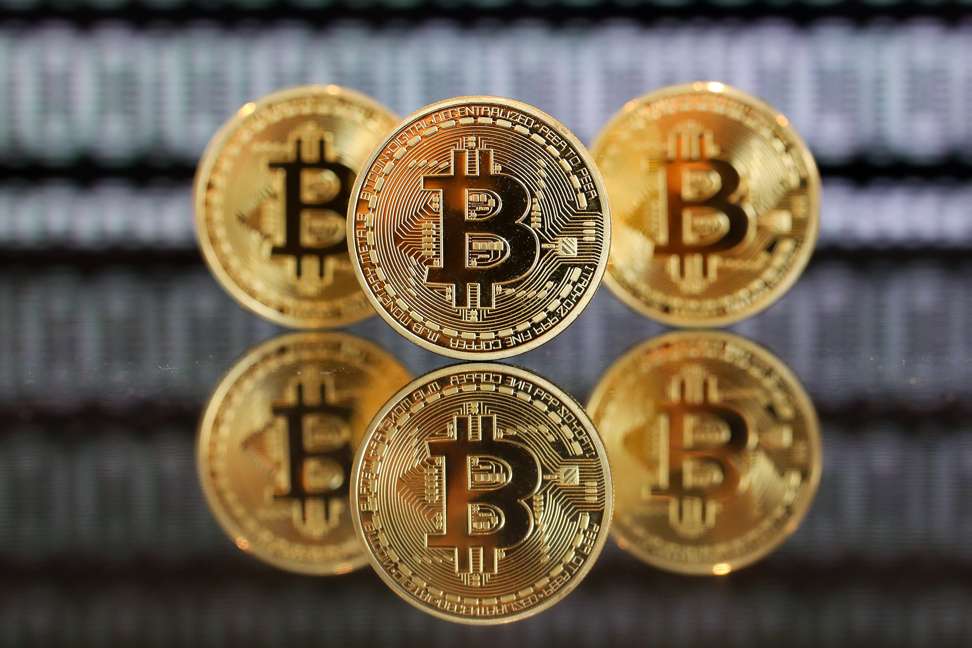
Dwindling support for bitcoin businesses in Hong Kong
Entrepreneurs blame regulators and banks for creating unclear rules for the crytocurrency, which they say has led to a pessimistic market
Enthusiasm among Hong Kong’s bitcoin entrepreneurs has waned since its peak in 2013 and they blame regulators and banks for making it difficult for their businesses to gain traction in the city.
Choking regulations on bitcoin by governments in the United States and Great Britain saw Hong Kong receive an exodus of entrepreneurs between 2013 and 2014. They felt the regulations were detrimental to their cryptocurrency-based businesses, and Hong Kong had a more favourable environment.
Around this period, the price of bitcoin was increasing and hit a record price of US$1,216.
The first bitcoin ATM was introduced in Hong Kong to much fanfare in 2014. At its peak, there were 10 bitcoin ATMs in Hong Kong. Today, there are only four left.
It feels like two years ago talk of bitcoin started going down,” bitcoin entrepreneur James Bang said.
Bang believes uncertainty from Hong Kong regulators has contributed to decreasing enthusiasm in bitcoin. He cited Singapore as more favourable for bitcoin businesses because the city-state has laid out clear rules and regulations.
“The uncertainly is why [bitcoin companies] could not get investment. Investors don’t like uncertainty,” he said.
According to the president of the Bitcoin Association of Hong Kong, Leo Weese, the regulatory uncertainly led to one foreign exchange shop in Central having its bitcoin ATM removed by the Customs and Excise Department.

The department did not confirm or deny removing the ATM, but said “any person who wishes to operate a money service is required to obtain a money service operator licence” to comply with local anti-money laundering and counter-terrorist financing laws.
Bang said if all regulators came together and laid out the rules clearly for bitcoin entrepreneurs it would bring confidence to them and investors.
“I think regulators should be less risk averse, it is not their obligation to shield the Hong Kong economy from people losing money or other negative things,” Weese said.
Hong Kong banks are also receiving some of the blame for impeding bitcoin and other fintech-related businesses by not opening bank accounts or providing financial services.
“In the case of many banks it’s a red flag,” co-founder of money remittance platform Bitspark, George Harrap, said.
“They don’t care about what your compliance requirements are, or if you already have a licence, or you’ve been operating for 10 years.”
However information technology legislator Charles Mok did not believe it was the fault of regulators, but rather the bitcoin “fad” was dying down due to a lack of practical applications.
“Recently in fintech, the attention has been shifting away from bitcoin. It’s not like a few years ago when bitcoin was the poster child of new financial technologies,” he said.
“I think it’s not truly about regulation but rather finding the right applications for bitcoin. There are just not a lot of transactions. It hasn’t really caught on.”
He also added that negative publicity had severely affected public trust in the cryptocurrency, citing examples of collapses of bitcoin exchanges and it being used as a ransom currency.
But Mok still believes there is a place for bitcoin technology, specifically blockchain – the electronic public ledger bitcoin is based on – and could have wide and practical uses.

